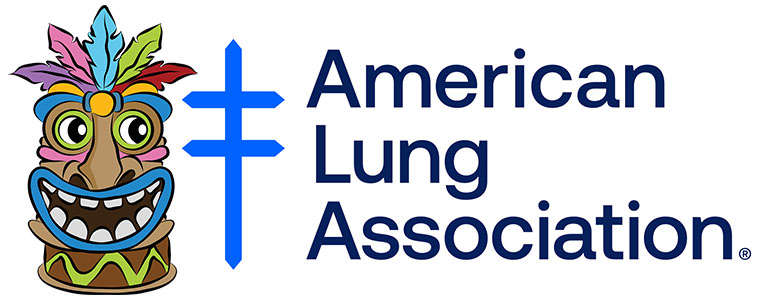
While tobacco use has been declining for decades, 8.9% of California residents still smoke and tobacco is the leading cause of death and disease in the state. Through the new “Tobacco-Free ‘23” campaign, the American Lung Association is sharing key reasons why 2023 is the year to quit tobacco, as well as sharing tips and resources.
“Each year, quitting smoking is listed as one of the top New Year’s resolutions. While quitting smoking is extremely difficult, it is possible. In fact, it typically takes a person 8-10 attempts to quit smoking for good, which is why we call it a journey,” said Michael Seilback, National Assistant Vice President of State Public Policy for the American Lung Association. “It is important to have support during this process, including family, friends and your doctor, to help keep you on the right path.”
Here are three important reasons why 2023 is the year to start your journey to become tobacco-free:
- Your Health: Tobacco claims the lives of 39,950 people each year in California. Currently, 16 million Americans live with a tobacco-related disease. While it’s best to quit as early as possible, quitting tobacco use at any age will enhance the length and quality of your life.
- FDA is Preparing to End Sales of Menthol Cigarettes: Currently, the Food and Drug Administration (FDA) is in the process of finalizing rules to end the sale of menthol cigarettes and flavored cigars in the U.S. If you use one of these tobacco products, this is an optimal time to begin your quit journey. In fact, after Canada stopped selling menthol cigarettes in 2017, the country saw an increase in quit attempts and cessation among people who smoked menthols.
- Be An Inspiration! Last year, the American Lung Association relaunched the “Super Stoppers Club” with award-winning journalist Bob Levey to celebrate people who have quit smoking for good and inspire those who are trying to quit. Read inspiring quit stories and submit your own at Lung.org/Super-Stoppers.
*Bonus: If your New Year’s resolution is to save money, quitting smoking can save you between $2,230-$4,360 annually.
Here are some of the tips and resources the American Lung Association recommends to successfully quit tobacco:
- Lung Helpline: Not sure where to start? Call the Lung Association’s free Lung Helpline and Tobacco Quitline at 1-800-LUNGUSA, which is staffed with licensed registered nurses, respiratory therapists and certified tobacco treatment specialists.
- Talk to your healthcare provider: Talking to a healthcare provider about your plan to quit smoking is an important step. With your doctor’s help, you can include cessation medication into your tobacco treatment plan, which can double your chances of quitting successfully. There are seven FDA-approved medications that are proven to help you quit.
- Get help from a proven resource: The American Lung Association offers resources to help adults and teens to quit all tobacco products, including:
- Freedom From Smoking® helps individuals create their own unique quit plan, as well as tips and techniques to stay successful in the long run. Freedom From Smoking can be accessed online, at a group class and through a self-guided workbook. Those looking to quit smoking are encouraged to use the method that works best for their learning style, schedule and unique quit tobacco use plan.
- Not-On-Tobacco® (N-O-T) is a teen smoking/chewing/vaping cessation program for teens who want to quit. The 10-session program provides the tools, information, and support for teens to end their addiction to tobacco. Teens can participate in NOT in-person, virtually or online at NOTforMe.org.
- Quit. Don’t Switch. E-cigarettes are tobacco products, and the FDA has not found any e-cigarette to be safe and effective in helping smokers quit. Switching to e-cigarettes does not mean quitting. Quitting means ending your addiction to nicotine.
For more information about quitting tobacco for “Tobacco-Free ’23,” visit the American Lung Association website at Lung.org or call the Lung HelpLine at 1-800-LUNGUSA (1-800-586-4872).
